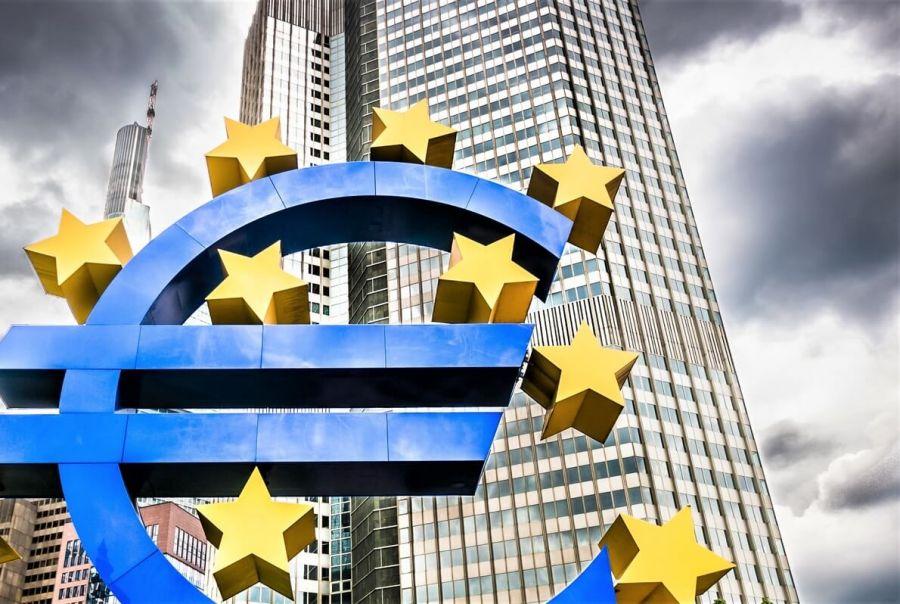[ad_1]

As bitcoin (BTC) and crypto markets in general have gone down over the past day and week, amid the escalating tension between Russia and Ukraine, sanctions imposed on the former, and today’s invasion of the latter – more questions keep popping up about the EU and the US central banks’ upcoming decisions.
According to Noelle Acheson, the head of markets insights at major crypto trading firm Genesis Global Trading, there are still plenty of questions left on the table to be answered regarding the US Federal Reserve‘s strategy. These include if the crypto markets’ move would have an impact on that strategy, as well as how the war Russia started against Ukraine will impact its decision on the much-discussed rate hikes.
Per Acheson, “one thing this does do is diminish the importance of the next US CPI [consumer price index] release, due Mar 10.”
“While it would have come too late to impact the rate hikes expected mid-March, it stood to be a strong hint as to how many rate hikes the Fed would squeeze in to 2022 overall,” it added.
Meanwhile, the European Central Bank (ECB) could still be agreeing on a faster wind-down of asset purchases at its next policy meeting on March 10, despite Russia’s invasion of Ukraine, according to Governing Council member Gabriel Makhlouf.
Bloomberg quoted Makhlouf, who heads the Irish central bank, as stating that, while it’s too early to estimate the invasion’s effects on the economy, the sanctions against Russia and a possible rise in energy prices are making it more difficult for the ECB to counter inflation without hurting the economy.
He added that what can currently be seen is the euro area recovering from the COVID-19 restrictions – consumption is increasing and the labor market is healthier.
“It’s entirely possible that in March we can make decisions as to what happens to the asset purchase program,” he was quoted as saying.
A possible decision, per the council member, is that asset purchases will end in the second or third quarter of this year, with the decision depending on the new projections.
He expressed caution when it comes to raising the ECB’s deposit rate, and said that people who think the bank is going to be putting up rates soon are operating “on a completely different calendar to the one that we’re operating on and that we have announced.”
All this said, the effects of Russia’s aggression on Ukraine seem to be manifesting as we speak, given the expected higher energy costs, as well as euro zone’s lower trade and financial turmoil – given that this zone gets 40% of its gas needs satisfied by Russia.
Per Reuters, the ECB’s policymaking Governing Council has been set to gather in Paris on Thursday for what’s been described as an “informal get-together”.
ECB policymaker Yannis Stournaras is quoted by Reuters as stating that:
“In my view it is going to have a short-term inflationary effect – that is prices will increase due to higher energy costs. […] But in the medium to long term I think that the consequences will be deflationary through adverse trade effects and of course through the rise in energy prices.”
The analysts cited by Reuters argued that the ECB may actually slow down the withdrawal of its support measures.
Meanwhile, Acheson noted that the BTC-S&P500 60-day correlation is worth keeping an eye on, as it reached its highest point yesterday, arguing that no matter how close they get during all this uncertainty, it will likely be temporary.
“The “decoupling” will be interesting to watch, and could start when the dust of uncertainty settles and longer-term investors decide to start hedging against currency turmoil, economic shifts, widening political polarization and, yes, inflation,” she said.
At 11:39 UTC, BTC traded at USD 35,035, recovering from almost USD 34,500 reached earlier today. The price is still down 10% in a day and 21% in a week, erasing all its gains in the past month.
____
Learn more:
– Russia’s Invasion of Ukraine: Bitcoin Set to Play a Role on Both Sides
– Ukraine Outranks Russia in Crypto Adoption Index as War Starts
– Regional Interest in Bitcoin Sees an Uptick as Russia Invades Ukraine
– As Inflation Is Here to Stay, Bitcoin, Ethereum, and Gold Investors Will Win, But Brace for Volatility – BitMEX
– Supply Disruptions Add to Inflation, Undermine Recovery in Europe
___
(Updated at 12:28 UTC with a video.)
[ad_2]
cryptonews.com




